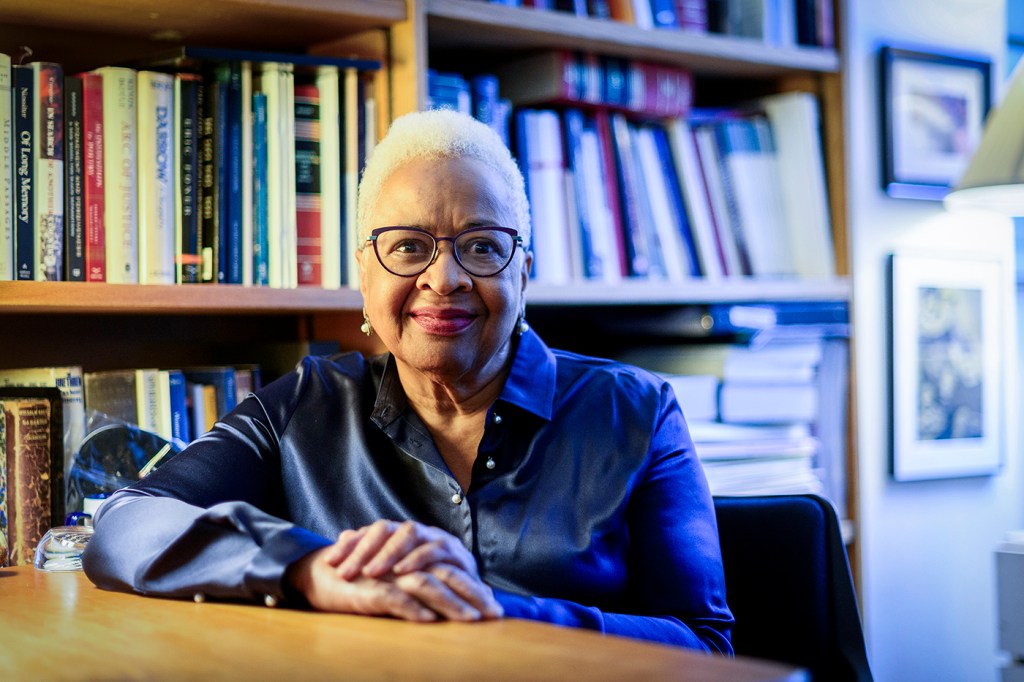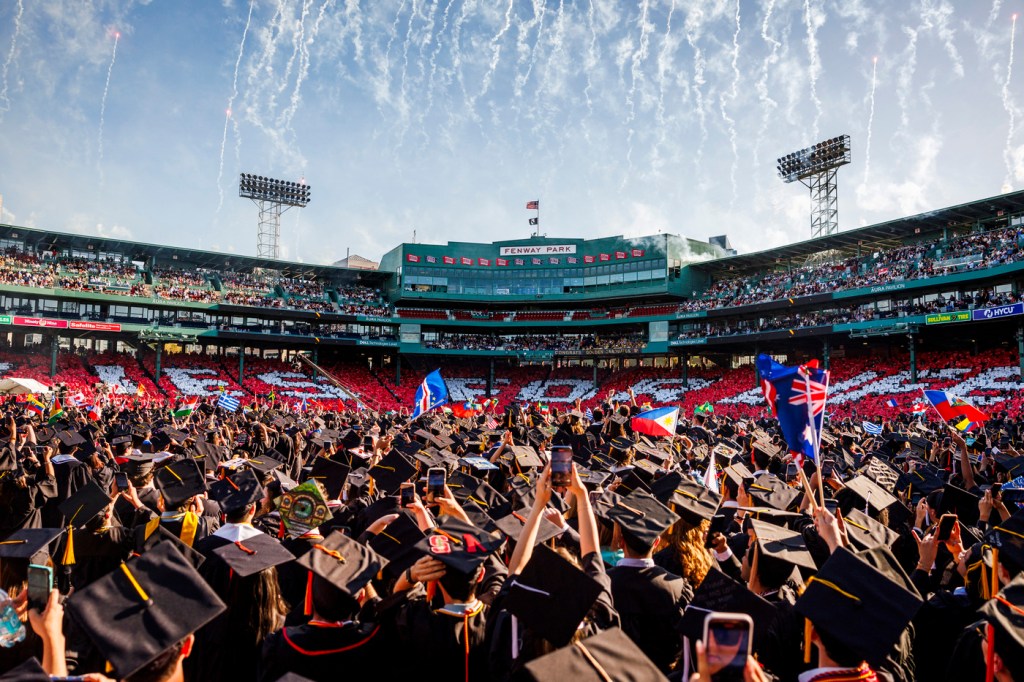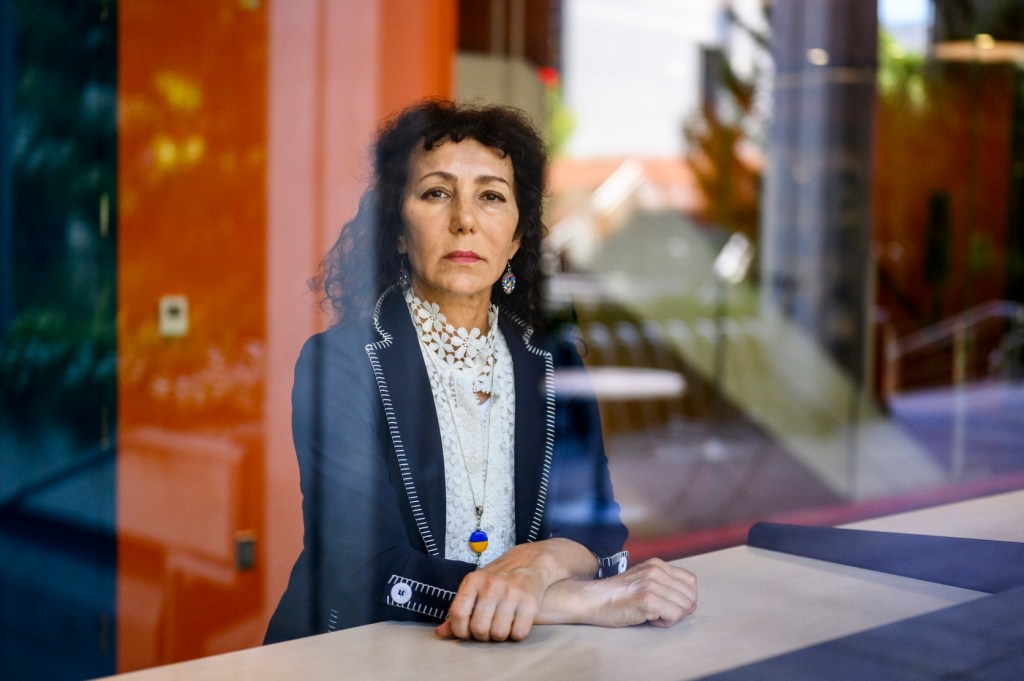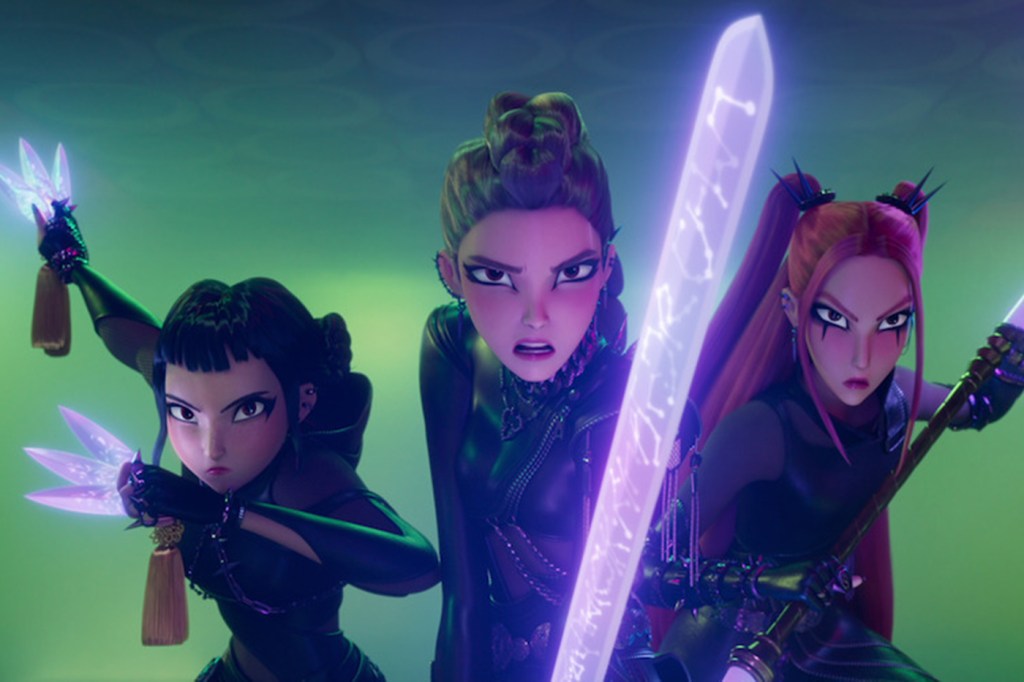‘Paper Lanterns’ reflects common humanity in the face of violence
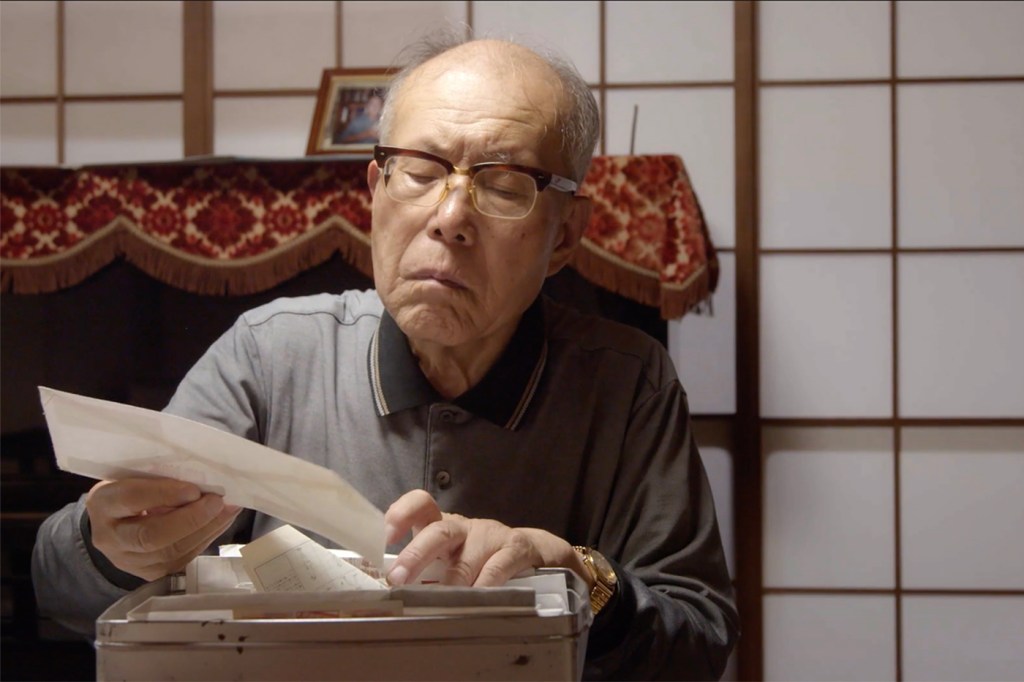
At 8 years old, Shigeaki Mori saw his home town of Hiroshima obliterated when the U.S. military dropped the first wartime atomic bomb in 1945. As an adult, he spent decades researching and contacting family members of 12 U.S. prisoners of war who were also killed in that explosion so that they, too, would be remembered as victims.
The devastating bombing and Mori’s tireless efforts are detailed in a documentary called “Paper Lanterns,” discussed at a Northeastern event honoring Asian American Pacific Islander Heritage month.
Although the bombing happened 75 years ago, its lessons about the toxicity of hate and the redemptive power of empathy remain relevant, said the film’s producer, Nobuko Saito Cleary.
“It shows how important it is to respect the different person, even though they were enemies,” said Saito Cleary, who graduated from Northeastern with a bachelor’s degree in English in 1970.
“So, to the students who are watching or people who are watching this program now: please give those who are different from you a chance,” said Saito Cleary. “Especially as we are having a little bit of difficulty in this world with COVID.”
Chong Kim-Wong, vice chancellor for student success at Northeastern, introduced the guests at the discussion, which was co-hosted by Northeastern’s Asian American Center and the Women Who Empower organization. Kim-Wong said her favorite aspect of the documentary is that Mori, “gives a voice to the voiceless.”
Cleary, along with “Paper Lanterns,” co-director Barry Frechette, and Setsuo Ohmori, the general consul of Japan in Boston, discussed the documentary Thursday afternoon at a Northeastern event honoring Asian American and Pacific Islander Heritage month.
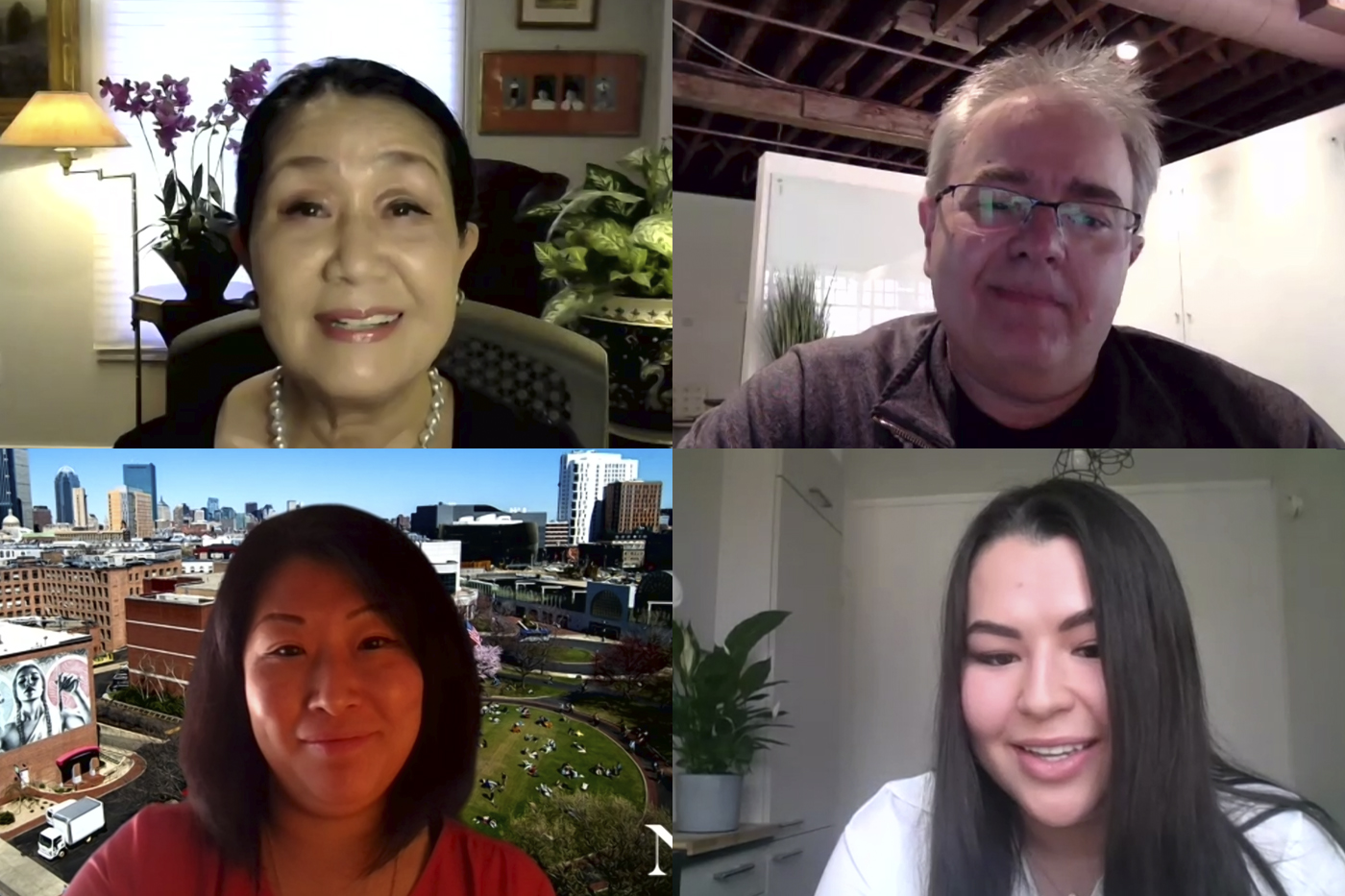
Film producers discuss the documentary “Paper Lanterns,” about victims of the 1945 Hiroshima bombing. Clockwise from top left: Nobuko Saito Cleary, producer; Barry Frechette, executive producer and co-director; Elina Mariutsa, Women Who Empower ambassador; and Chong Kim-Wong, vice chancellor for student success at Northeastern. Screenshot by Northeastern University
The discussion is one of many hosted by the Northeastern community following a sharp rise in violence against Asian Americans and Pacific Islanders during the pandemic. Hate incidents from March 2020 to March 2021 totaled 6,603, according to the organization Stop AAPI Hate. The same group reported 3,795 incidents the year before.
President Biden signed legislation last week addressing the increased hate crimes against Asian Americans during the pandemic. Ohmori said the lessons in “Paper Lanterns” continue to have significance.
“These events that took place in 1945 still have relevance in the days we are living,” said Ohmori. “We are still witnessing the exchange of hate and retaliation here and in the world.”
The 2016 documentary follows the family members of Navy airman Normand Brissette, of Lowell, Mass., and Army Air Corps Staff Sgt. Ralph Neal, from Corbin, Kentucky, as they are contacted by Mori. The relatives travel to Hiroshima, meet with Mori, and retrace the final steps of their loved ones, who were among the 100,000 who died in Hiroshima.
Mori also recounts his own survival story of running from the flames and stumbling over bodies as he tried to find safety. His cousin, Mori shares, still hears the screams of his mother who was trapped under a fallen beam after the blast.
“My cousin always said that her screams were constantly ringing in his ears,” Mori said in a clip from the documentary.
“I knew that the American prisoners of war would have been crushed to death when their building collapsed. Either crushed to death or burned to death. They died in obscurity, and for a long time they were neglected. I felt at the very least, the next of kin had to be informed,” he said.
Frechette, who also co-directed the documentary, said the film offers another important lesson as the devastation of the atomic bombing fades into history.
“It’s important because we forget, and that generation who experienced it, we’re losing them,” said Frechette. “We can’t go back and change what happened, but we sure can make sure that we pass on the story now to make sure it doesn’t happen again.”
For media inquiries, please contact media@northeastern.edu.
